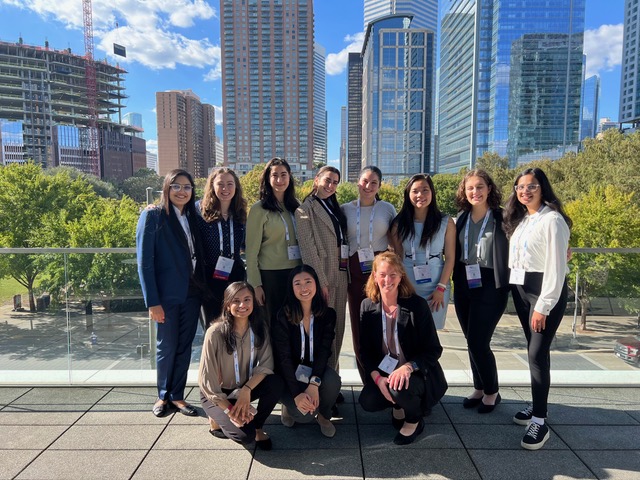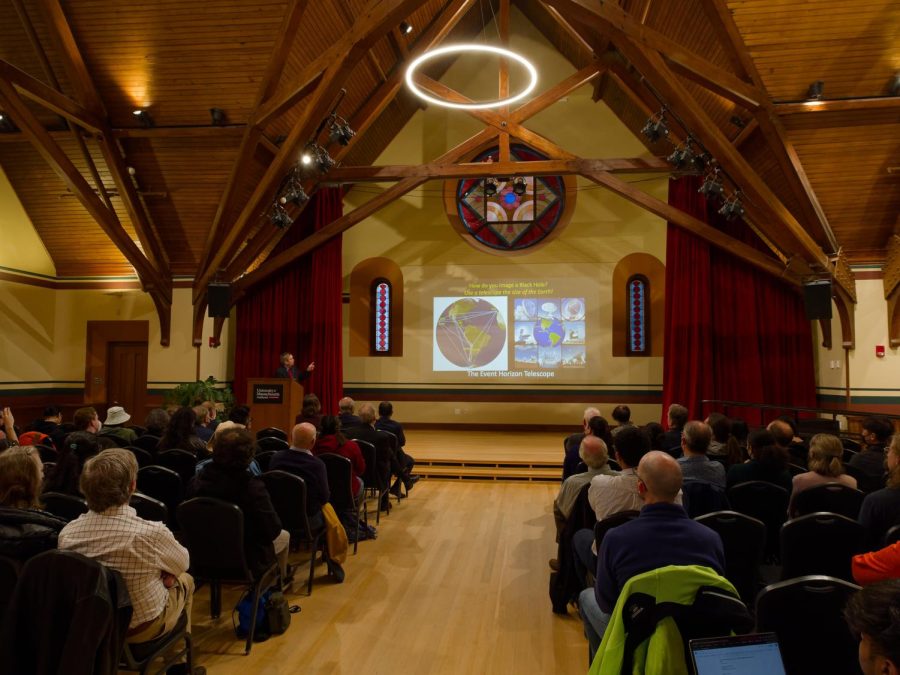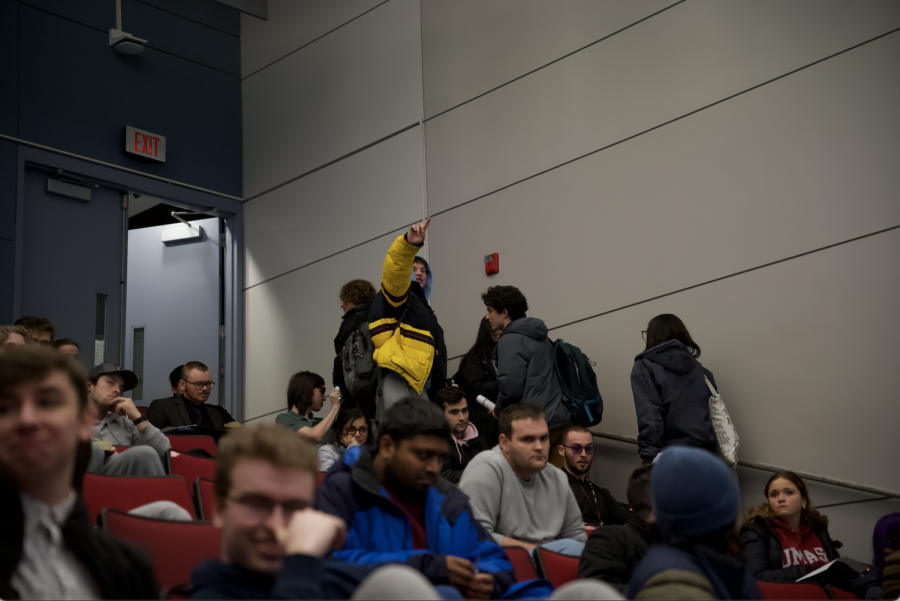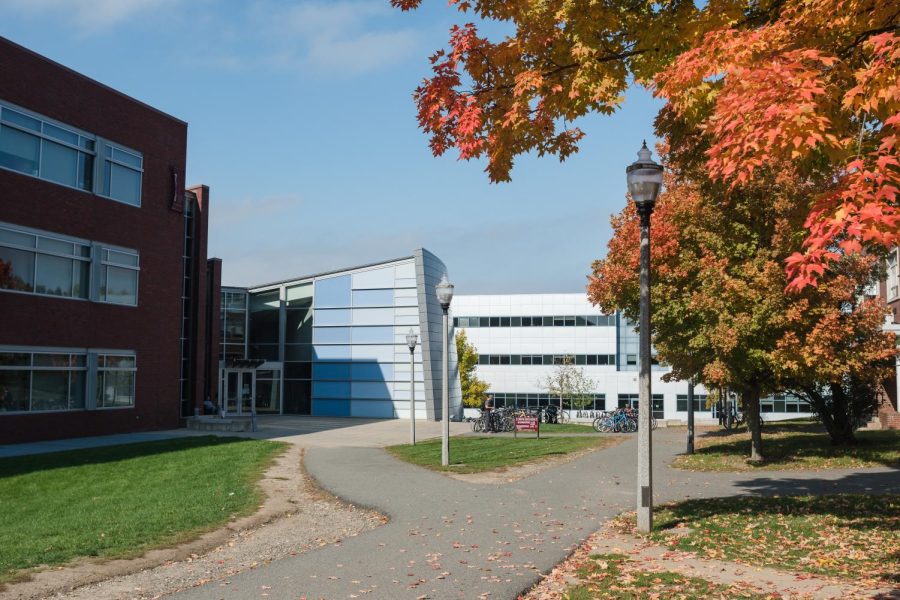
Watson, the super computer developed by IBM, recently dominated the game show, Jeopardy, in a three-day tournament Wednesday night, beating previous famous champions, Ken Jennings and Brad Rutter. A project over eight years in the making, Watson was developed by a variety of teams and scholars, with University of Massachusetts contributors among them.
James Allan, UMass alumnus and co-director of the Center for Intelligent Information Retrieval (CIIR), said that, around the year 2000, IBM wanted to develop a technology that could acquire information at a rapid rate. Allan was one among the team for information retrieval.
“We wanted to work on technology that underlies a search engine,” he said. “How do you find information quickly?”
Allan never actually worked on the computer; he worked on the technology that was used by the machine.
Pallika Kanani, a UMass graduate student, helped develop the technology while working on an internship with IBM last year.
She said she was personally involved in testing the software.
“I worked on applying logic techniques and to help the AI learn by examples,” she said. “I also helped with practice matches and integrating algorithms.”
Multiple UMass faculty members and graduates helped to work on the technology including computer science doctoral alumni Eric Brown, John Prager, Chang Wang, research assistant professor David Smith and graduate student Elif Aktolga.
Watson ended up dominating the tournament, with a total winnings of $77,147. Jennings, whose total earnings over his reign as champion totaled $3,172,700 came in second with $24,000 and won a prize of $150,000. Rutter placed in third with a total of $21,600. Placing first in the tournament earned IBM a $1 million prize, of which, half was donated to World Vision and World Community Grid. Jennings and Rutter donated half of their earnings also.
The tournament saw the three players in a consistent struggle against each other. The two human opponents used the strategy of buzzing before coming up with an actual answer, one that seemed to serve them well.
Allan said Watson’s overall win could be credited in part to its rapid buzzer skill, being able to register before the other contestants could get the chance.
Questions seemed to be divided among the contestants, with Jennings and Watson neck-and-neck through the first night and Rutter shortly behind. However, this eventual lead was lost as Watson was able to successfully answer a series of questions as the nights progressed.
Watson noticeably struggled with questions involving a sense of wit and some including politics, but Allan said there are factors that are components to every question.
“Some types of wit can be spotted pretty well. It’s all about wordplay,” he said. “With every question, there is a restraint word that gives the right clue, but sometimes it’s just going to fail.”
Kanani said she didn’t immediately receive the results of her work, but was happy when Watson won the tournament.
“I haven’t seen it since working on it a year ago,” she said. “I’m very excited though. I thought it could go either way.”
Allan wasn’t expecting the total outcome.
“I was surprised, though, I didn’t really think it made good television,” he said. “Watson had a clear advantage and I’m really impressed it was able to find answers that fast.”
Although Watson was able to triumph over his human opponents, IBM has claimed they are not intending to create a super computer that could become a sentient being that could cause chaos, but rather provide answers for questions in need.
In the wake of what seemed to be an inevitable defeat on Wednesday’s broadcast, Jennings decided to bring some humor into his final jeopardy answer, following his response with, “I, for one, welcome our new computer overlords.”
According to the New York Times, IBM’s future plans include a joint project with the University of Maryland and Columbia University to create a cybernetic physician’s assistant using Watson’s technology,
IBM will also work with Nuance Communications to include voice recognition for the new medical project, which may be complete before the end of 2012.
Kanani is proud of the work her and her fellow colleagues put into the project.
“The best part of this was all of these researchers who put everything else on hold,” she said. “This was an extremely dedicated team from all over that did this.”
Tim Jones can be reached at [email protected].







Joan Perry • Feb 17, 2011 at 9:48 pm
VERY UNFAIR – Ken Jennings knew 98% of the answers – the computer should have had a 3/4 second delay as do humans when it comes to pushing the button for the answer.
n8-n-nx-pa • Feb 17, 2011 at 9:22 pm
“. . . proud of the work her and her fellow colleges put into the project.” Wonder how Watson did on basic grammar, Collegian. Cheap shot, I know, but come on.